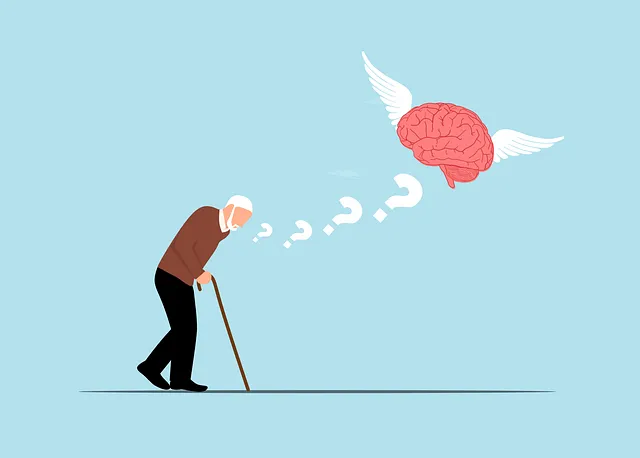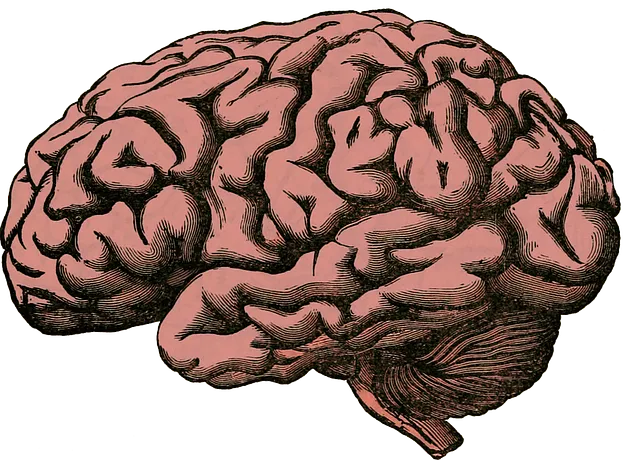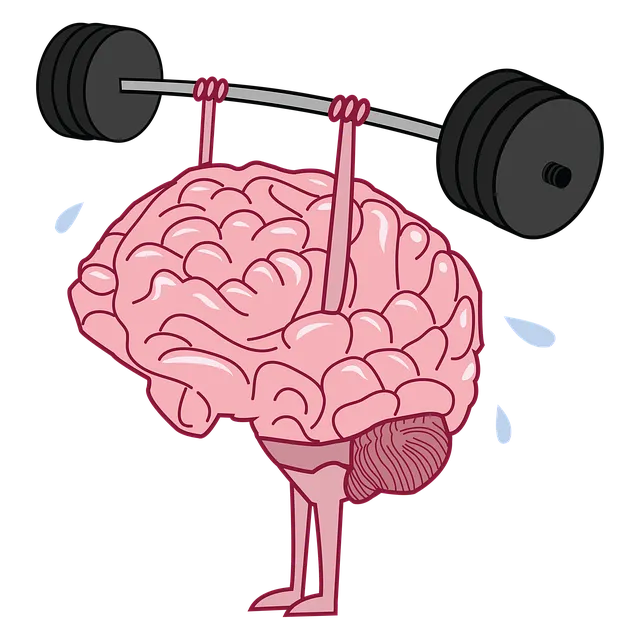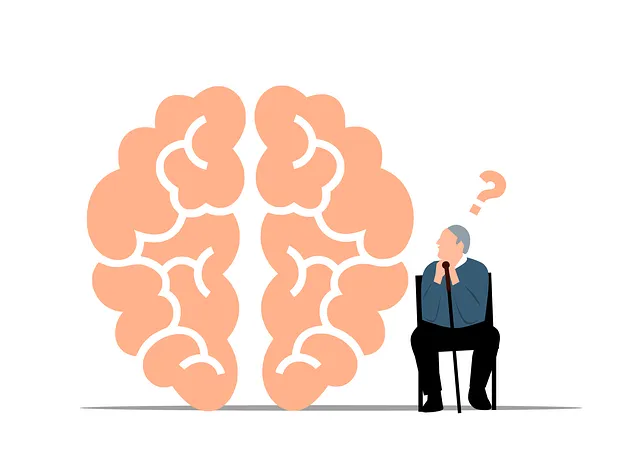In today's diverse society, cultural competency in healthcare is vital for understanding culture's impact on health and providing personalized care. Organizations like Kaiser Permanente Colorado Springs prioritize this through training programs that foster empathy, navigate complex dynamics, and reduce stigma. Their holistic approach, including accessible mental health services via the Kaiser Permanente mental health phone number Colorado Springs, enhances patient outcomes and professional satisfaction by combining comprehensive care with emotional regulation techniques.
Cultural competency training is an essential aspect of modern healthcare, ensuring providers can deliver quality care to a diverse range of patients. This article explores this critical topic, focusing on how healthcare organizations like Kaiser Permanente Colorado Springs are setting benchmarks in mental health service delivery. We’ll delve into effective training strategies to enhance cultural sensitivity among providers, highlighting the impact on patient outcomes and experience, especially when considering Kaiser Permanente’s mental health phone number in Colorado Springs as a model for accessible care.
- Understanding Cultural Competency in Healthcare: A Necessity in Modern Practice
- Kaiser Permanente Colorado Springs: A Model for Mental Health Service Delivery
- Training Strategies to Enhance Cultural Sensitivity among Healthcare Providers
Understanding Cultural Competency in Healthcare: A Necessity in Modern Practice

In today’s diverse society, cultural competency within healthcare is no longer a nice-to-have but a necessity. It involves understanding and appreciating the ways in which culture influences health and healthcare experiences. This is particularly important when considering that one in five adults in the U.S. has some form of mental illness, as reported by the National Alliance on Mental Illness (NAMI). Organizations like Kaiser Permanente, with its accessible mental health phone number in Colorado Springs, recognize the value of cultural competency training for their healthcare providers. By equipping staff with Self-Awareness Exercises and Stress Management Workshops Organization tools, they aim to reduce the stigma associated with mental illness and deliver more personalized care.
Cultural competency training enables healthcare professionals to navigate complex interpersonal dynamics, ensuring every patient receives respectful and culturally sensitive treatment. This is especially crucial when dealing with diverse communities where traditional healthcare practices may differ significantly. For instance, Mental Illness Stigma Reduction Efforts can help bridge the gap between patients and their care by fostering an environment of understanding and empathy. Ultimately, this approach enhances patient satisfaction, improves clinical outcomes, and strengthens the bond between healthcare providers and their diverse patient populations.
Kaiser Permanente Colorado Springs: A Model for Mental Health Service Delivery

Kaiser Permanente Colorado Springs stands as a shining example for mental health service delivery within the healthcare industry. Their approach integrates comprehensive care with a focus on emotional regulation and stress reduction methods, ensuring that patients receive holistic treatment tailored to their unique needs. By fostering an environment of cultural competency, Kaiser Permanente goes beyond typical mental health policy analysis and advocacy, offering personalized support that addresses the specific challenges faced by diverse communities.
This model emphasizes proactive engagement, accessible services, and evidence-based practices. The availability of mental health professionals through the Kaiser Permanente mental health phone number Colorado Springs further simplifies access to care, empowering individuals to take charge of their emotional well-being. This initiative reflects a commitment to not only treating symptoms but also empowering patients with tools for lifelong emotional regulation in today’s demanding world.
Training Strategies to Enhance Cultural Sensitivity among Healthcare Providers

Cultural competency training is a critical component of modern healthcare, ensuring providers can offer empathetic and effective care to a diverse range of patients. To enhance cultural sensitivity, various engaging training strategies are employed. Role-playing scenarios, for instance, allow professionals to navigate complex interactions, improving their ability to adapt communication styles and understand different cultural perspectives. These simulations often cover sensitive topics like mental health issues, where providers can learn how to approach patients with anxiety or other mental illnesses without perpetuating stigma.
Additionally, workshops focused on self-care routine development for better mental health equip healthcare workers with tools to manage their own stress, which is essential in providing consistent, compassionate care. By integrating these learning opportunities, institutions like Kaiser Permanente Colorado Springs can foster an environment where cultural competency isn’t just taught but embodied, ultimately leading to improved patient outcomes and more fulfilling professional experiences.
Cultural competency training is no longer a luxury but an imperative in modern healthcare. As evidenced by Kaiser Permanente’s successful mental health service delivery in Colorado Springs, investing in education and sensitivity among providers can significantly improve patient outcomes and satisfaction. By adopting innovative training strategies, healthcare organizations can better serve their diverse communities, ensuring every patient receives compassionate, culturally sensitive care. For those seeking guidance, the Kaiser Permanente mental health phone number in Colorado Springs stands as a resource to learn from and emulate.






